Community Health Workers
June 12, 2018
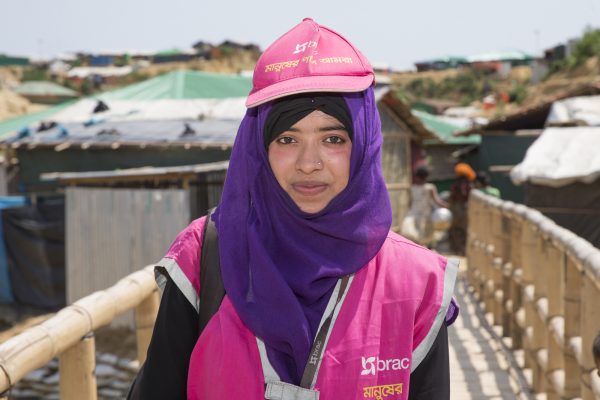
Published by Farhan Patwary at Jun 12 2018
Categories
In 2016, TB claimed the lives of 1.3 million people across the world. Four million cases of TB have been undocumented or not reported. One of the bizarre features of TB is that it remains inactive, producing no symptoms, for long periods of time.
May 28, 2018

Published by Bibi-Aisha Wadvalla at May 28 2018
Categories
Making motherhood safe in Bangladesh is an achievable goal, but we have a long way to go before safe motherhood is a reality for all. The most fatal complications are easily preventable, and with quality care and facilities, we are striving to get there.
February 22, 2017
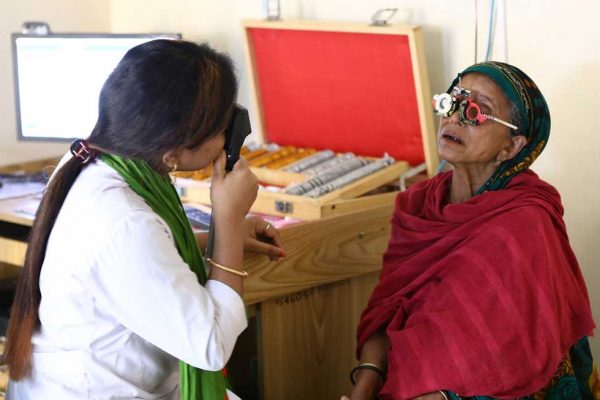
Published by Farhadul Islam at Feb 22 2017
Categories
It is estimated that 624 million people around the world could have their vision restored if they could access eye glasses. This lack of access is costing the global economy a whopping USD 202 billion per year.
September 12, 2015
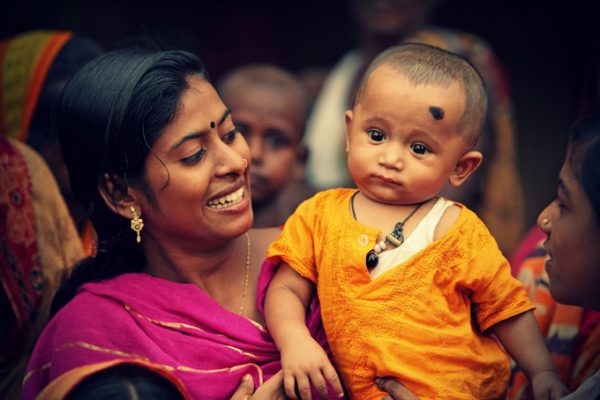
Yet like any ambitious set of targets, not all the MDGs were fully met by many countries. Rather the goals worked as a framework upon which they could build their development policies and translate the policies into action. Let’s focus on one tiny target of a goal, yet one whose impact on the coming generations is most persisting: undernutrition. Undernutrition, a form of malnutrition, is a deficiency of calories of one or more essential nutrients. Two of the most used indicators to measure undernutrition are underweight and stunting.
March 12, 2015
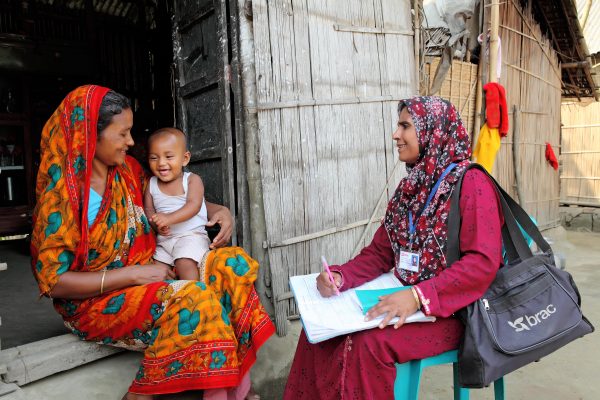
Published by Kazi Amit Imran at Mar 12 2015
Categories
Often community health workers (CHWs) are promised incentives for their work, but the complicated, protracted, and at times, insecure process of disbursing funds is demotivating. USAID’s Mobile Alliance for Maternal Action (MAMA) project, with the help of USAID’s mSTAR project implemented by FHI 360, pilot tested a transition from cash to mobile financial services.
September 29, 2014
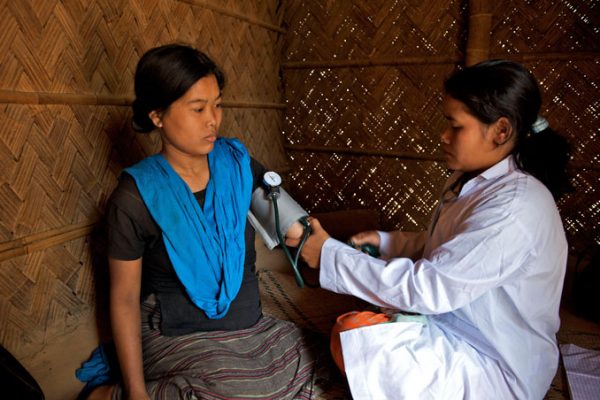
Published by Maeesha Saiara Khaled at Sep 29 2014
Heart disease is often regarded as a problem that a person is born with, or something that eventually happens in older adults. Non-modifiable risk factors like advancing age and family history are not the only reasons for heart disease. In fact, 80 per cent of premature deaths from cardiovascular disease could be avoided if modifiable risk factors like tobacco use, unhealthy diet, physical inactivity, high blood pressure (hypertension), diabetes and raised lipids are addressed.
August 15, 2014
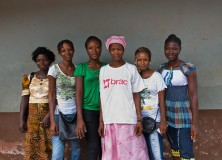
Published by Scott MacMillan at Aug 15 2014
Friends and supporters have reached out to BRAC with concern and support. In Sierra Leone and Liberia, we have 907 full-time staff, and about as many self-employed community health promoters. Our staff is safe, though sadly, some of our microfinance clients are among the more than 1,000 who have died.
June 27, 2014
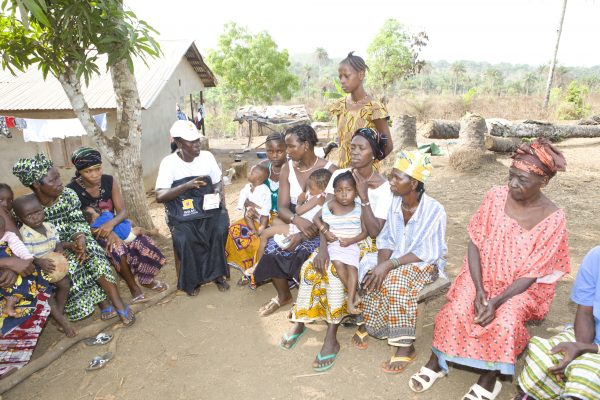
Published by Scott MacMillan at Jun 27 2014
Fears are rising in Sierra Leone, Liberia and Guinea that the deadly Ebola virus is spreading out of control. I spoke to Tapan Karmakar, country representative of BRAC Sierra Leone. “People are now afraid,” he told me. Additional funding is needed for community health workers to reach remote areas.
April 3, 2013
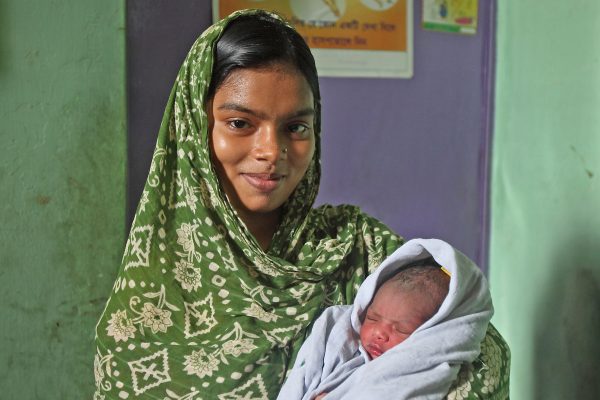
Published by Dr. Kaosar Afsana at Apr 03 2013
100,000 in 1990 to just 194 in 2010, while other indicators like neonatal and under-five mortality have also fallen.
While those numbers are still too high (in many developed countries, the rates for all are in single digits), the change is still staggering. Bangladesh is close to reaching the fourth and fifth of the UN’s Millennium Development Goals regarding child and maternal mortality.
February 11, 2013
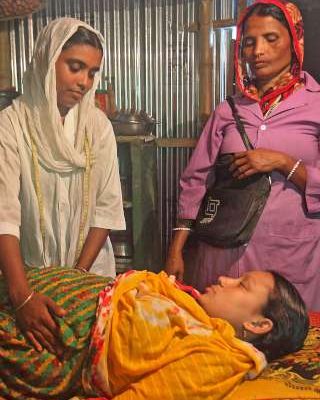
Published by Dr Mushtaque Chowdhury at Feb 11 2013
This article originally appeared on The Huffington Post on 26 January 2013.
The world has made impressive progress in health over the past few decades, leading to untold lives being saved. This has been possible due to deliberate efforts in providing prevention and healthcare, and improving the various social determinants of health. Yet, nearly ten million children die before reaching their fifth birthday and half a million women die each year in child birth.
November 12, 2011
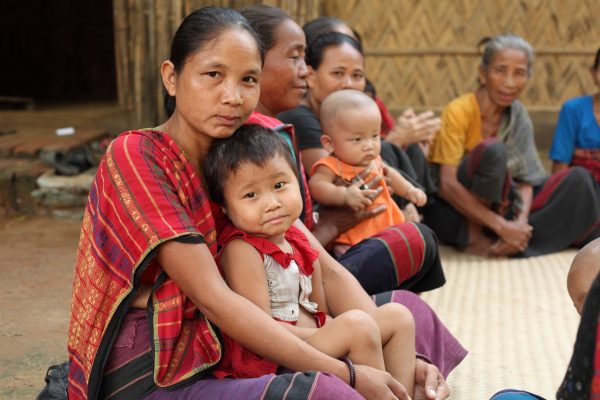
Watch Message from Sir Fazle Hasan Abed, BRAC Founder & Chairperson on World Pneumonia Day 2011Globally, in every 20 second a child dies from pneumonia. This loss of life is even more tragic because nearly all of these deaths are preventable, and more than 98% of childhood pneumonia deaths occur in developing countries. Safe and effective vaccines, inexpensive treatments and preventive measures exist that can save lives.
October 14, 2011
On the occasion of the launch of its book Making Tuberculosis History: Community-Based Solutions for Millions, Bangladesh-based BRAC is sharing stories about those taking part in its successful approach to combating TB. The following is the third in a series; previously we featured the stories of Shanta and Shahida.

